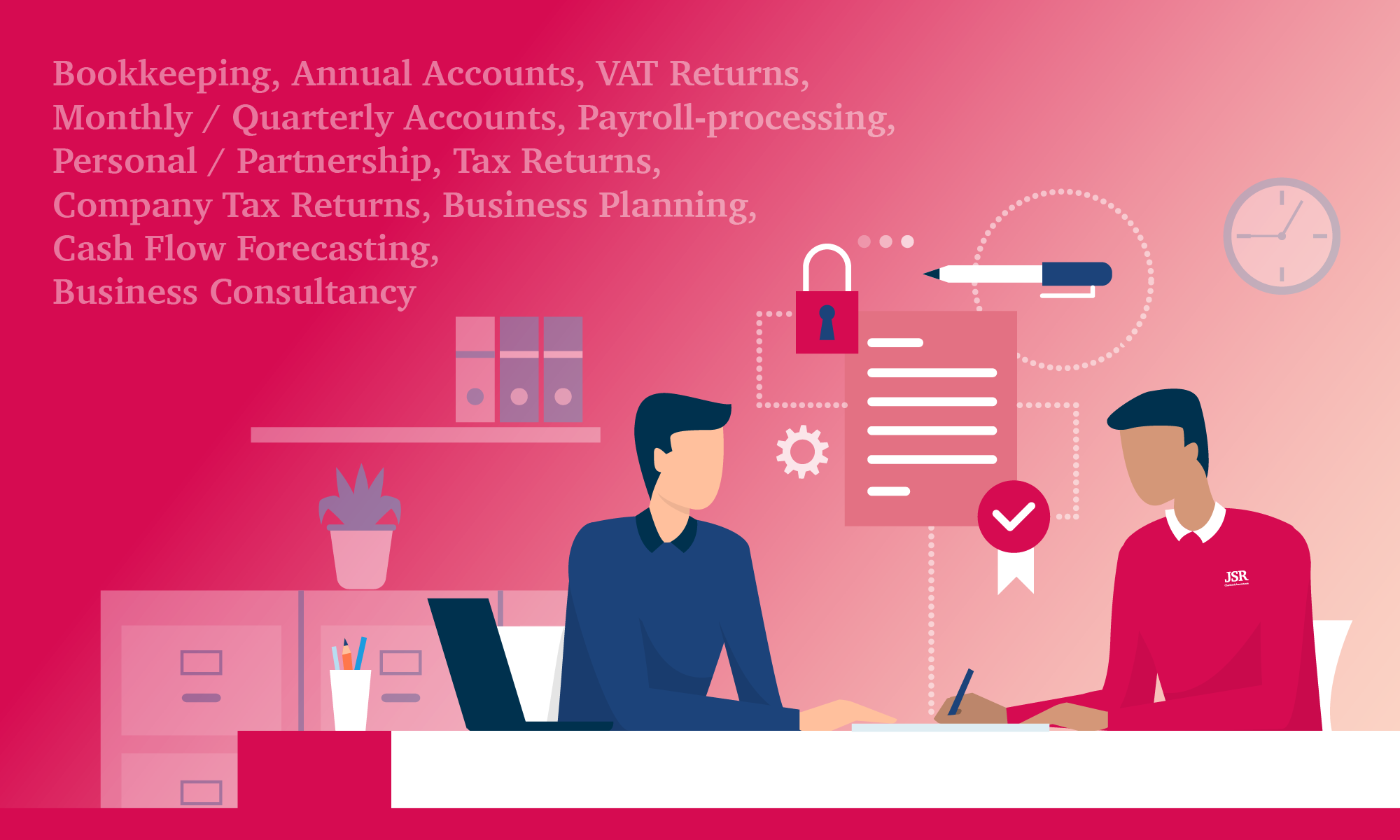Under new law introduced in 2012, all employers must offer a workplace pension scheme and automatically enrol eligible workers in it. This requirement has applied to larger employers since October 2012 and by 2018 will apply to all employers.
By 2018 all employers will have automatically enrolled their eligible workers into a workplace pension scheme unless the worker opts out. As a result, many more people will be able to build up savings to help cover their retirement needs.
Who will be automatically enrolled?
Whether you work full time or part time, your employer will have to enrol you in a workplace pension scheme if you:
- Are not already in a suitable workplace pension scheme
- Are at least 22 years old, but under state pension age
- Earn more than £10,000 a year (tax year 2014-15), and
- Work in the UK
As long as you meet these criteria you’ll also be covered if you’re on a short-term contract, or an agency pays your wages, or you’re away on maternity, adoption or carers’ leave.
Do I have any choice about being enrolled?
You can opt out of your employer’s workplace pension scheme after you’ve been enrolled. But if you do, you’ll lose out on your employer’s contribution to your pension, as well as the government’s contribution in the form of tax relief.
If you decide to opt out, ask the people who run your employer’s workplace pension scheme for an opt-out form. You must then return your completed form to your employer, not to the people who run the scheme.
If you decide to opt out within a month of being enrolled, any payments you’ve made into your pension pot during this time will be refunded to you.
After the first month, you can still opt out at any time, but any payments you’ve made will stay in your pension pot for retirement rather than be refunded.
You can re-join your employer’s workplace pension scheme at a later date if you want to. And your employer must by law re-enrol you back into the scheme approximately every three years, as long as you still meet the eligibility criteria.
How much will I have to contribute?
There is a minimum total amount that has to be contributed by you, your employer, and the government in the form of tax relief. This total minimum contribution is currently set at 2% of your earnings (0.8% from you, 1% from your employer, and 0.2% as tax relief). In 2017 and 2018, the percentage of your earnings that it is based on will increase.
The minimum contribution applies to anything you earn over £5,772 (in the tax year 2014-15) up to a limit of £41,865. This includes overtime and bonus payments. So if you were earning £18,000 a year, your contribution would be a percentage of £12,228 (the difference between £5,772 and £18,000).
Your employer will let you know how much of your earnings you’ll need to contribute. They may tell you this as a sum of money or as a percentage.
Increases in the minimum contribution
The total minimum contribution is currently set at 2% of your earnings (0.8% from you, 1% from your employer, and 0.2% as tax relief). From October 2017, it will increase as follows:
October 2017 to September 2018: 5% of your earnings (2.4% from you, 2% from your employer, and 0.6% as tax relief)
From October 2018 onwards: 8% of your earnings (4% from you, 3% from your employer, and 1% as tax relief)
Find out more on The Pensions Regulator Website

